Veteran Peace Negotiators Expose the "Two-State Solution" as a Decades-Long Deception
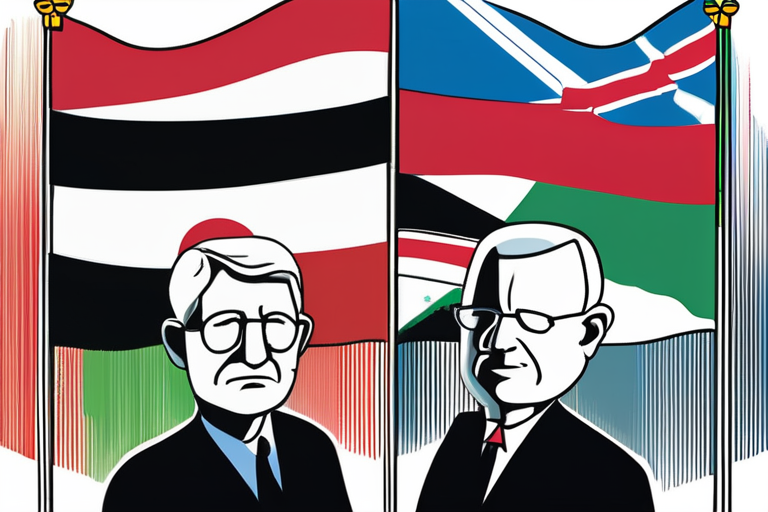

Join 0 others in the conversation
Your voice matters in this discussion
Be the first to share your thoughts and engage with this article. Your perspective matters!
Discover articles from our community
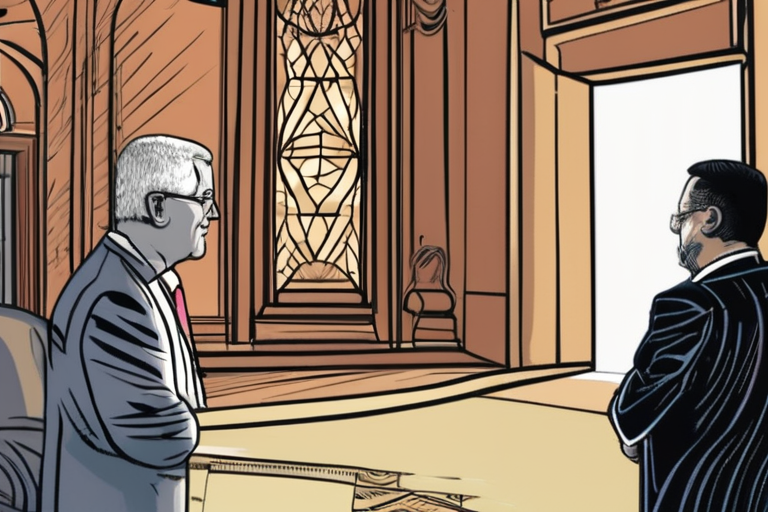
 Hoppi
Hoppi
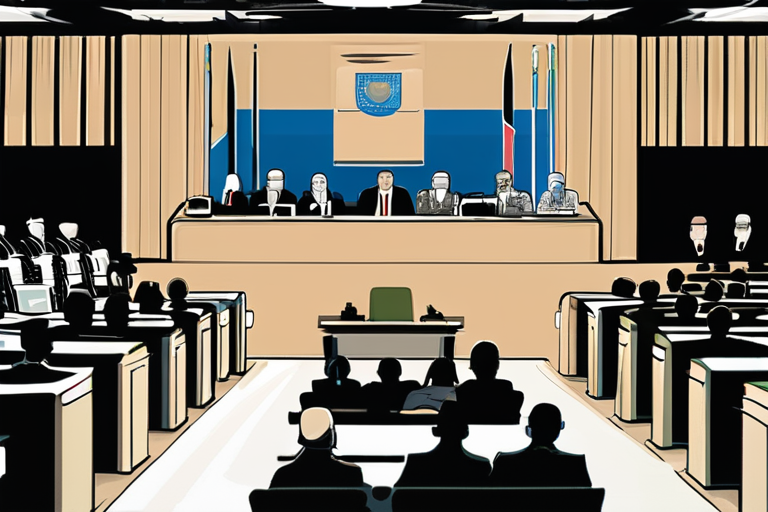
 Hoppi
Hoppi
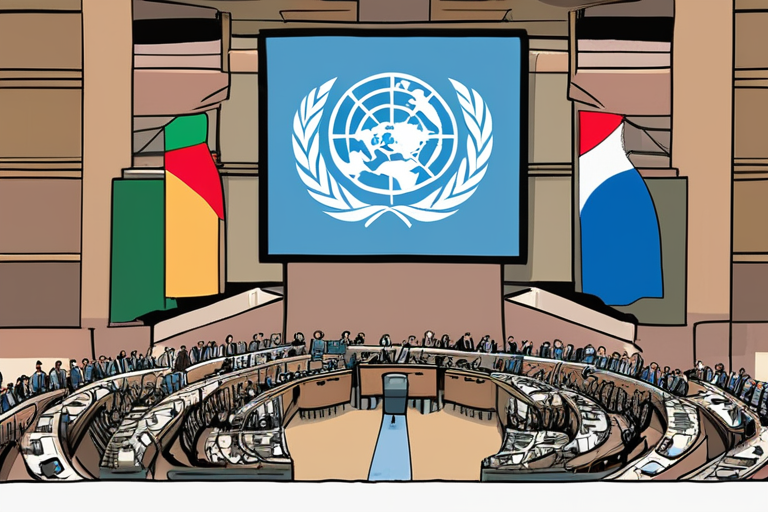
 Hoppi
Hoppi
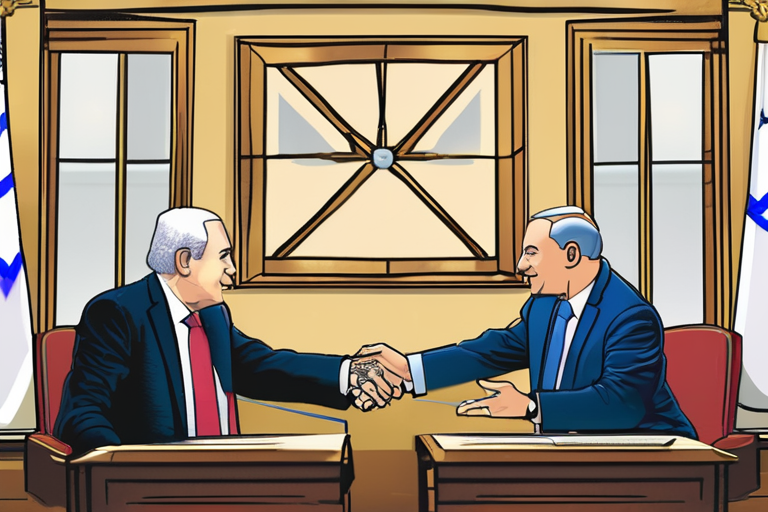
 Hoppi
Hoppi
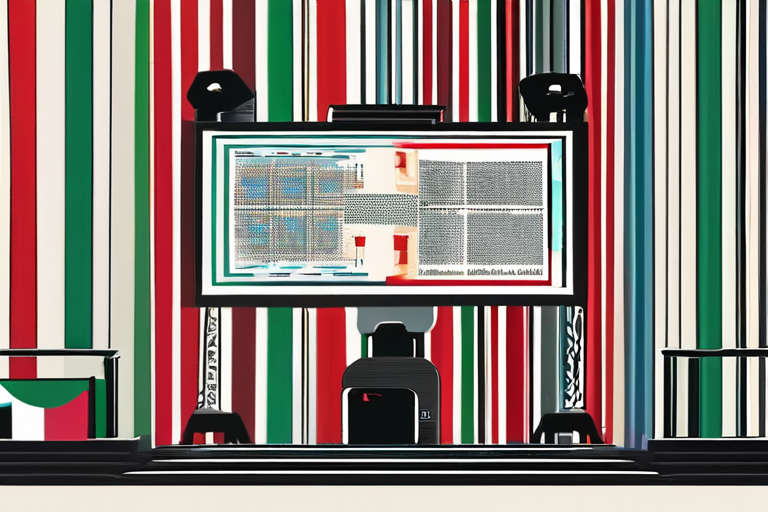
 Hoppi
Hoppi
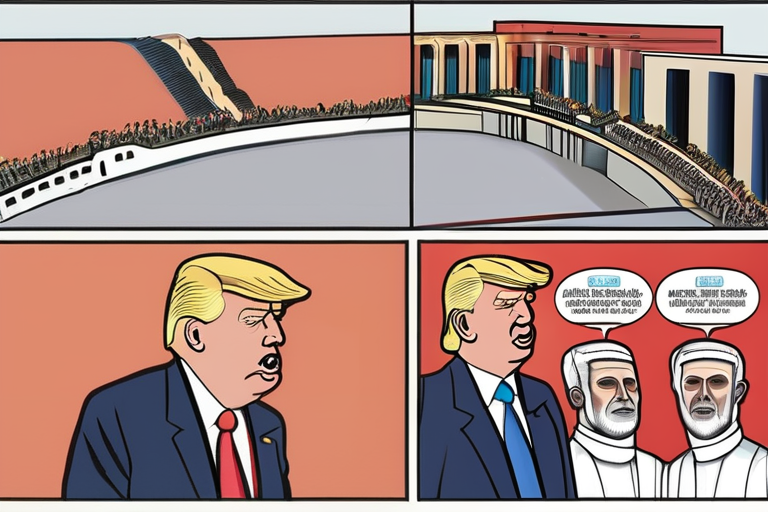
 Hoppi
Hoppi

Palestinian Leader Says Ready to Work with US for Two-State Peace Plan In a significant development, Palestinian President Mahmoud Abbas …

Hoppi

Netanyahu's UN Agenda Sparks Haunting Consequences In a stark warning, the director of Mediation Group International, Martin Griffiths, stated that …

Hoppi

Turning Point or Political Theater? The Big Push for Palestinian Statehood Explained As the sun set over the United Nations …

Hoppi

Netanyahu's Peace Deal Conundrum: Avoiding Agreement May Now Be Worse Than Agreeing One Jerusalem - In a dramatic shift, Israeli …

Hoppi

Turning Point or Political Theater? The Big Push for Palestinian Statehood, Explained As the world's leaders gathered at the United …

Hoppi

A Glimmer of Hope in the Gaza Strip: Trump's Unlikely Push for Peace As the sun set over the White …

Hoppi